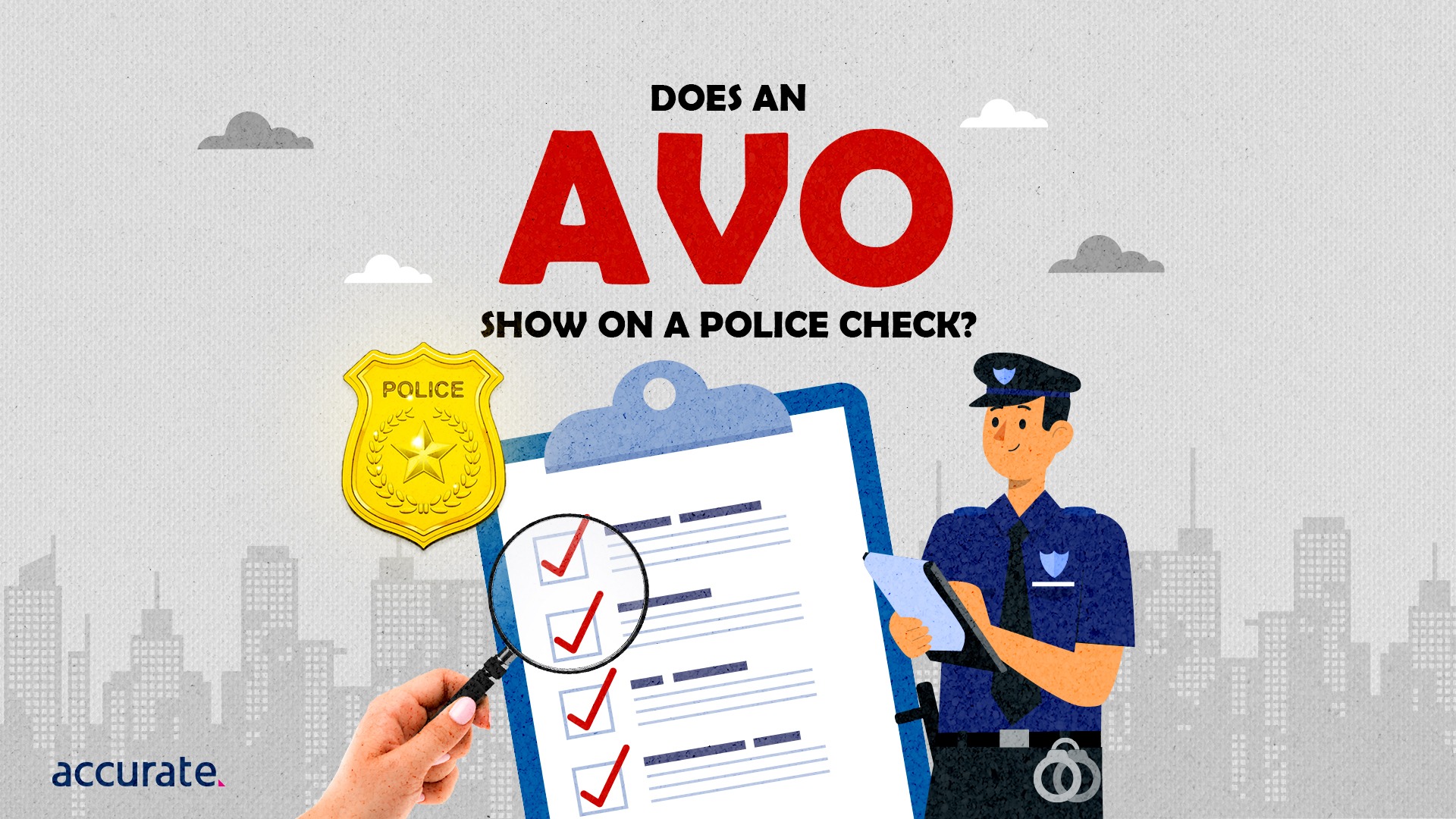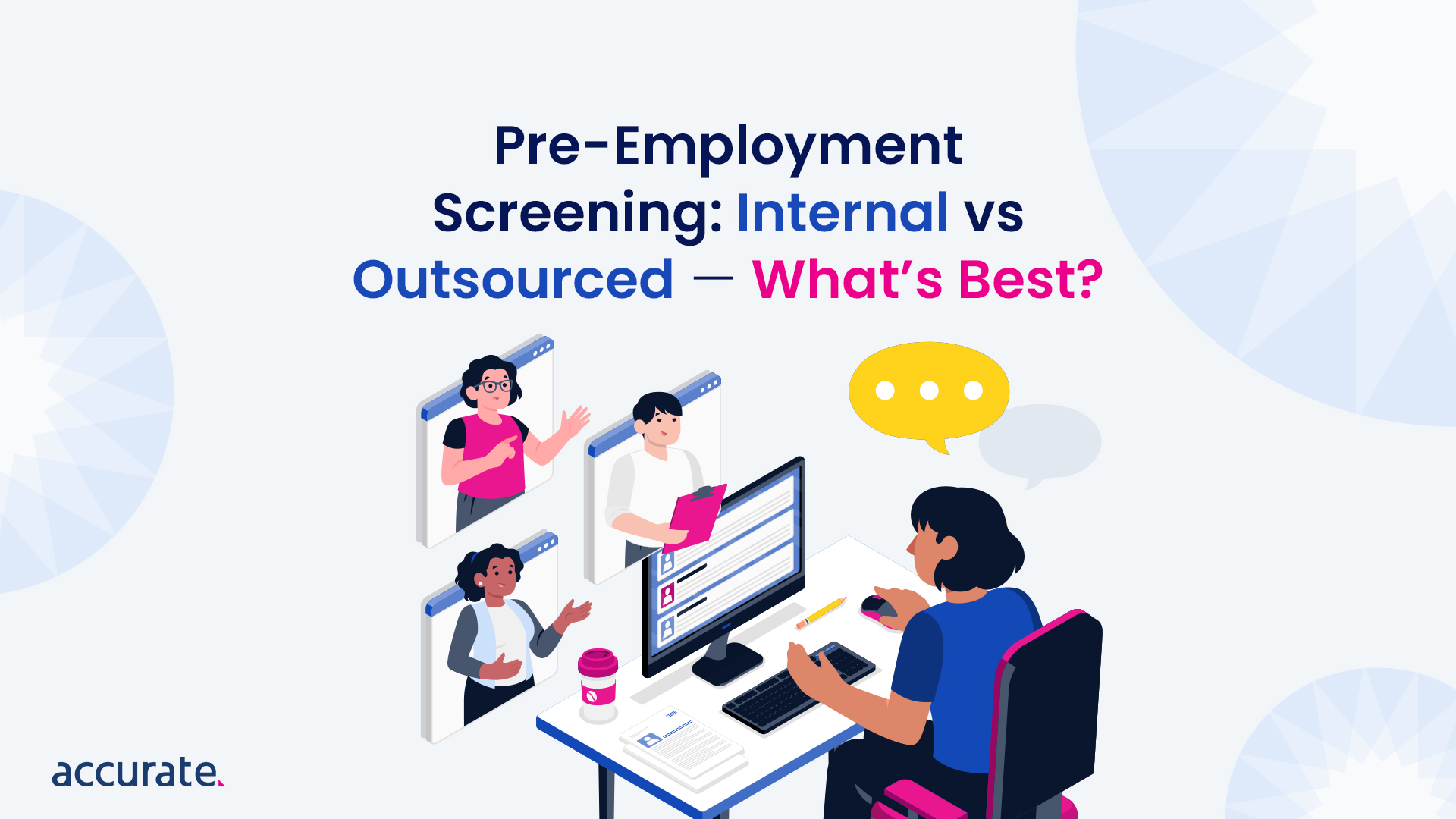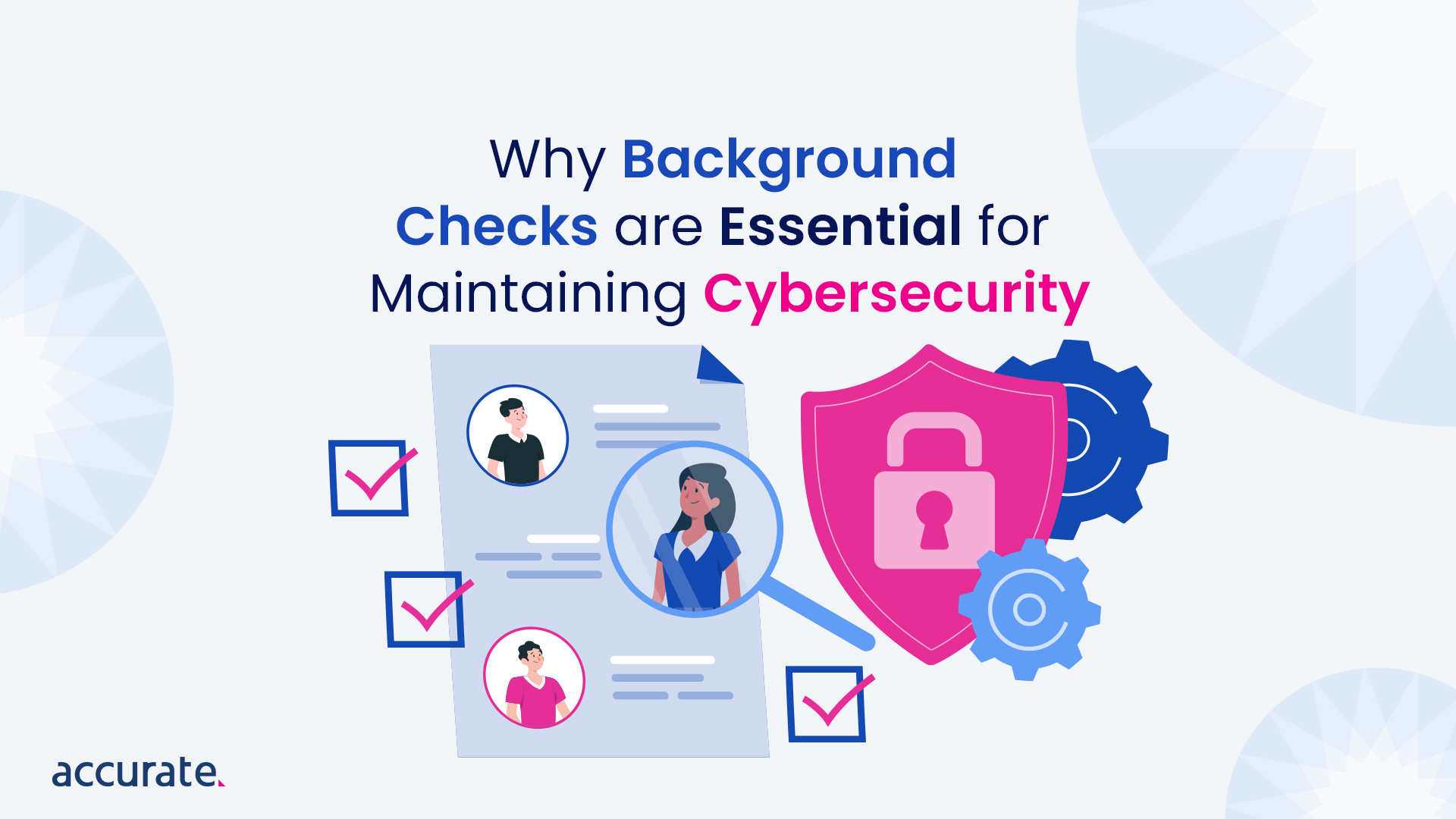“Disclaimer: The contents of this article do not constitute legal advice, are not intended to be a substitute for legal advice and should not be relied upon as such. You should seek legal advice or other professional advice in relation to any issues you or your organisation may be facing.”
Police checks are a critical part of the background screening process for many employers in Australia, providing insight into a candidate’s criminal history. It’s important to clarify, however, that Apprehended Violence Orders (AVOs) themselves do not appear on a standard police check, as they are not criminal convictions. An AVO is a court order intended to protect individuals from violence, harassment, or intimidation by imposing certain restrictions on the behaviour of the person against whom the order is made.
While the AVO itself does not show up on a criminal background check, it is crucial for employers to understand that any criminal charges or convictions resulting from a breach of an AVO’s conditions would be recorded and could appear on a police check. This distinction is vital for employers during the hiring process, as it affects how AVOs and related legal proceedings should be considered.
Here’s what you need to know.
AVOs in the Context of Employment
An Apprehended Violence Order (AVO) is a court order issued under state law in Australia to protect someone from future violence, harassment, intimidation or stalking. AVOs aim to prevent harm to the protected person by restricting the defendant’s behaviour.
There are two main types of AVOs relevant to employment background checks:
- Apprehended Domestic Violence Orders (ADVOs) – issued when the defendant and person in need of protection are in a domestic relationship, such as current or former partners.
- Apprehended Personal Violence Orders (APVOs) – Issued when no domestic relationship, such as with neighbours, colleagues, etc.
While AVOs are not criminal charges or convictions, they can reveal potential risks regarding a candidate’s conduct and interactions with others. However, there are also common misconceptions about what the existence of an AVO means for a person’s suitability for employment.
For example, some mistakenly believe that having an AVO automatically means someone has committed domestic violence or a criminal offence. But AVOs can be issued pre-emptively, without a criminal conviction occurring.
So while employers may need to review AVOs on a case-by-case basis, they should not assume guilt or unsuitability for employment without further context behind the order.
AVOs and Background Checks – Legal Considerations for HR
In Australia, background checks that employers conduct are governed by privacy laws as well as laws specific to police checks and working with children checks. So what does the legal framework have to say about including AVOs?
Overall, AVOs typically do not appear on regular criminal background checks because they are not criminal convictions. However, AVOs may be revealed on police checks, depending on the nature of the role.
Jobs that involve vulnerable individuals like children, the elderly, or people living with a disability often necessitate police checks that could uncover current or spent AVOs associated with the applicant.
Additionally, some industries require disclosure of AVOs as part of working with children checks or industry licensing around security, firearms, education, aged care, etc. So while AVOs are not convictions, they can impact suitability assessments for many roles working with vulnerable groups.
Regarding privacy rights, employers must weigh the need to provide a safe workplace and avoid discrimination against candidates with the potential risks associated with an AVO. While AVOs do not necessarily imply guilt, they indicate there was a reasonable fear of violence or harassment against the person seeking protection.
Employers must determine if the AVO is relevant to the duties and environment of the role in question.
The best practice is to give candidates a chance to explain the context of an AVO before withdrawing a job offer. However, employers and recruiters should consult experts if they have questions about the legal risks of hiring someone with an AVO related to the position.
Key Takeaways
- While AVOs are not criminal convictions, they can appear on police checks and impact suitability assessments – especially for positions involving vulnerable people.
- Employers must weigh legal obligations around privacy and discrimination with their duty to provide safe workplaces.
- The best practice is to allow candidates to explain the context around an AVO before withdrawing a job offer.
- However, HR professionals and recruiters should consult experts if unsure how to interpret the relevance of an AVO to a given role.
If you want a comprehensive overview of someone’s background, not just what appears on their criminal record, consider consulting with screening experts. Companies like Accurate offer services tailored to specific roles and industries to uncover all relevant information within the bounds of the law.
Contact us today to find out more.
FAQs
Do Police Check Up on AVOs?
Yes, police in Australia conduct checks to ensure compliance with AVOs. According to the NSW Police Force website, in 2017, they performed over 22,000 AVO compliance checks.
The purpose of these checks is to monitor the defendant’s behaviour and ensure they adhere to the AVO’s conditions. This involves contacting the protected person to enquire if the defendant has engaged in any threatening behaviour, violence, intimidation, or other actions that would violate the restrictions in the order.
Do You Get a Criminal Record for an AVO?
No, AVOs themselves do not result in a criminal record in Australia. They are court orders issued to protect someone from violence, harassment or stalking. However, breaching or violating the restrictions in an AVO is considered a criminal offence.
If charges and convictions result from such a breach, those would appear on a person’s criminal record and appear on a background check.
Does an AVO Show on a Working With Children Check?
An AVO may be disclosed on working with children background checks in Australia and considered when evaluating someone’s suitability to work with minors.
While an AVO alone does not disqualify candidates from child-related work, employers weigh factors like whether it involves harm to minors. The nature and context of the AVO would be reviewed to determine if it raises red flags about the person’s ability to provide safe environments for children.



